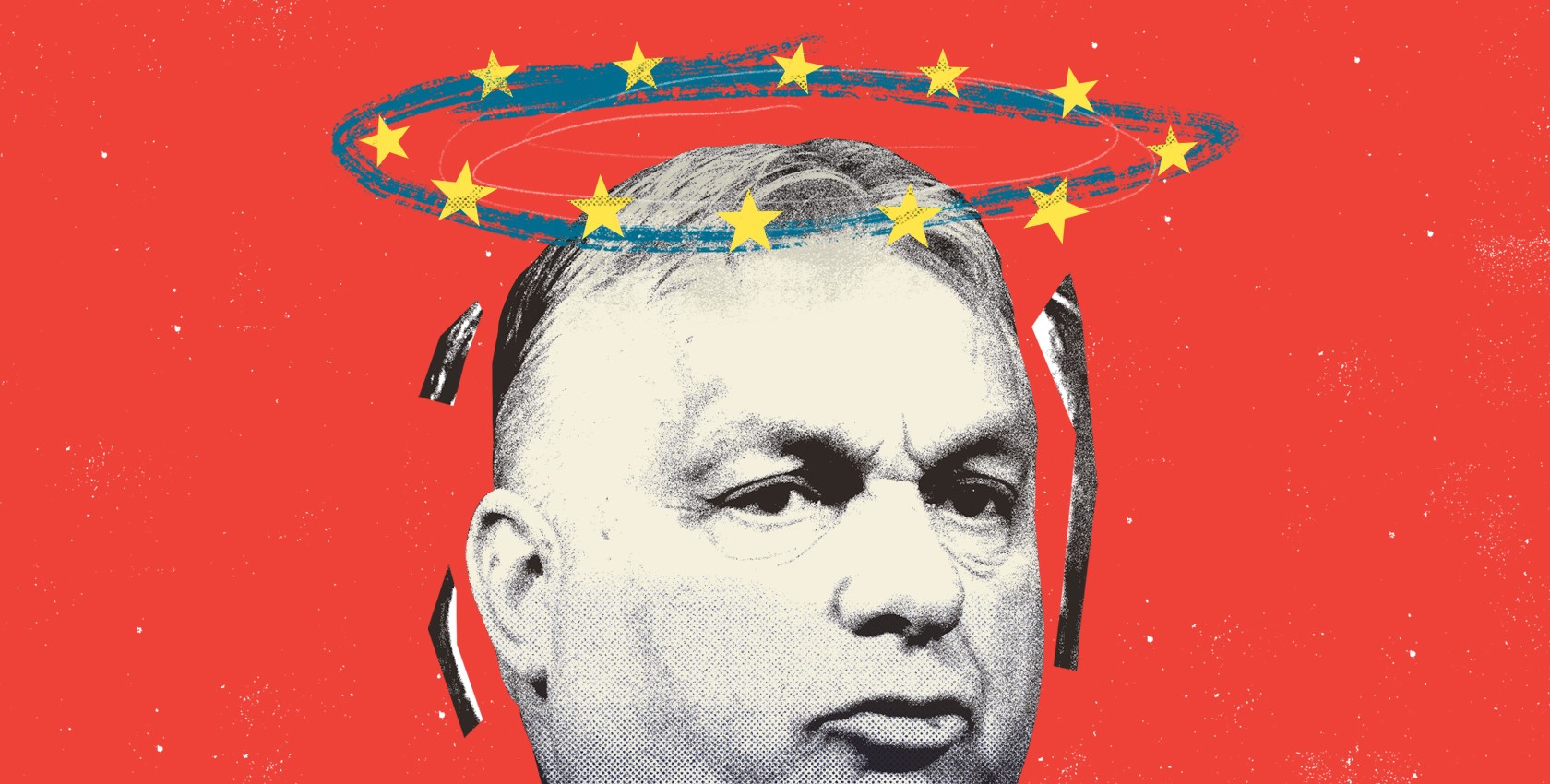Hungary’s six-month stint chairing meetings in the Council of the European Union, starting on 1 July, will be a tough test of whether the rotating Council presidency can withstand the pressure of its host country feuding with the rest of the bloc.
Hungarian Prime Minister Viktor Orbán, in power since 2010, is in open hostilities with the EU institutions. Earlier this month, he called a €200m fine levied against Hungary for its failure to offer asylum seekers the level of protection required under EU law “outrageous and unacceptable.” The country will be fined an additional €1m a day until it changes its policy, meaning the dispute is likely to run on.
Elsewhere, Hungary has consistently wielded its veto to block billions of euros of EU military aid to Ukraine, drawing sharp criticism from foreign ministers as well as the EU institutions themselves.
“Irrespective of the rotating presidency, there has never [been] a case where a member state was so alienated from the EU institutions [and] from the other fellow member states,” says Daniel Hegedüs, a senior fellow for Central Europe at the German Marshall Fund.
Hungary is “very far from the role of an honest broker that is required at the helm of the Council,” he says, referring to the widely held principle that the presidency’s role should be to grease the wheels of diplomacy rather than push its own national interests.
 Viktor Orbán’s government, the black sheep of the European Union, will take over the rotating Council presidency on 1 July. Illustration by Nate Kitch.
Viktor Orbán’s government, the black sheep of the European Union, will take over the rotating Council presidency on 1 July. Illustration by Nate Kitch.
In the worst case, Orbán’s government “can be seen as a Trojan horse actively supporting the strategic local agenda of authoritarian great powers,” he says, highlighting the government’s relationships with Russia and, increasingly, China, with which Hungary struck several deals last month.
Speaking to reporters last week, Hungary’s permanent representative to the EU, Ódor Bálint, said the country would play the role of an honest broker but did not commit to stopping the use of its veto power.
There are other signs that Hungary won’t go easy. Last week, it unveiled “Make Europe Great Again” as the official slogan for its presidency, echoing former US President Donald Trump. (The outgoing Belgian presidency’s motto was “Protect, Strengthen, Prepare.”)
“It is hard not to associate it with Donald Trump’s nativist, populist politics, which matches the overall approach of Orbán towards the EU,” said Edit Zgut-Przybylska, assistant professor at the Institute of Philosophy and Sociology at the Polish Academy of Sciences (IFiS PAN), in an email to The Parliament. “He's been aimed at ‘draining the swamp’ in Brussels, which fits his Eurosceptic populist politics: blaming the ‘corrupt’ Western elite for all hardship in Hungary.”
Hungary’s choice of which files to prioritise may also serve its political interests, says Hegedüs. By putting agricultural policies on the agenda, for example, Orbán’s party can demonstrate its concern for the farming community and push back against the EU’s environmental policies.
Stalling Ukraine
The Hungarian presidency may also be concerning for Ukraine, which aims to join the EU but must first navigate a lengthy process involving numerous Council decisions – decisions that require unanimous approval and are, therefore, vulnerable to a veto.
A country holding the rotating Council presidency can to a large degree dictate the agenda of negotiations, allowing Hungary to block Ukraine’s progress without resorting to its much-criticised veto. Instead, the incoming presidency could simply leave the necessary files off the table.
Hungary’s Europe minister, János Bóka, has stated that the incoming presidency won’t begin any new enlargement procedures, meaning that “Ukraine's accession might be completely stalled for the duration of the Hungarian presidency,” Zgut-Przybylska notes.
The EU enlargement section of Hungary’s presidency programme refers only to the Western Balkans, making no mention of Ukraine or its neighbour Moldova. Moldova is also a candidate for EU membership and has a Russian-backed breakaway region, Transnistria, within its borders. Accession talks for both countries began the week of 24 June.
Hungary could also block Ukraine’s progress by accusing it of failing to ensure fair treatment of its ethnic Hungarian minority, a longstanding point of tension between the two countries. The incoming Hungarian presidency has said it “aims to pay particular attention to whether the rights of persons belonging to national minorities in the candidate countries are respected and enforced.”
More broadly, however, the rotating presidency doesn’t grant Hungary much influence over foreign and security policy – areas of more urgent concern for Ukraine. These responsibilities largely fall under the purview of the European Commission president and the high representative for foreign affairs and security policy. And, while the Council will have the power to appoint those officials following this month’s election, Hegedüs notes that the presidency plays no particular role in that process.
Enlargement is one of seven priorities Hungary has outlined for its presidency. The others concern competitiveness, defence policy, illegal migration, regional development, agricultural policy and demographic ageing.
Sign up to The Parliament's weekly newsletter
Every Friday our editorial team goes behind the headlines to offer insight and analysis on the key stories driving the EU agenda. Subscribe for free here.